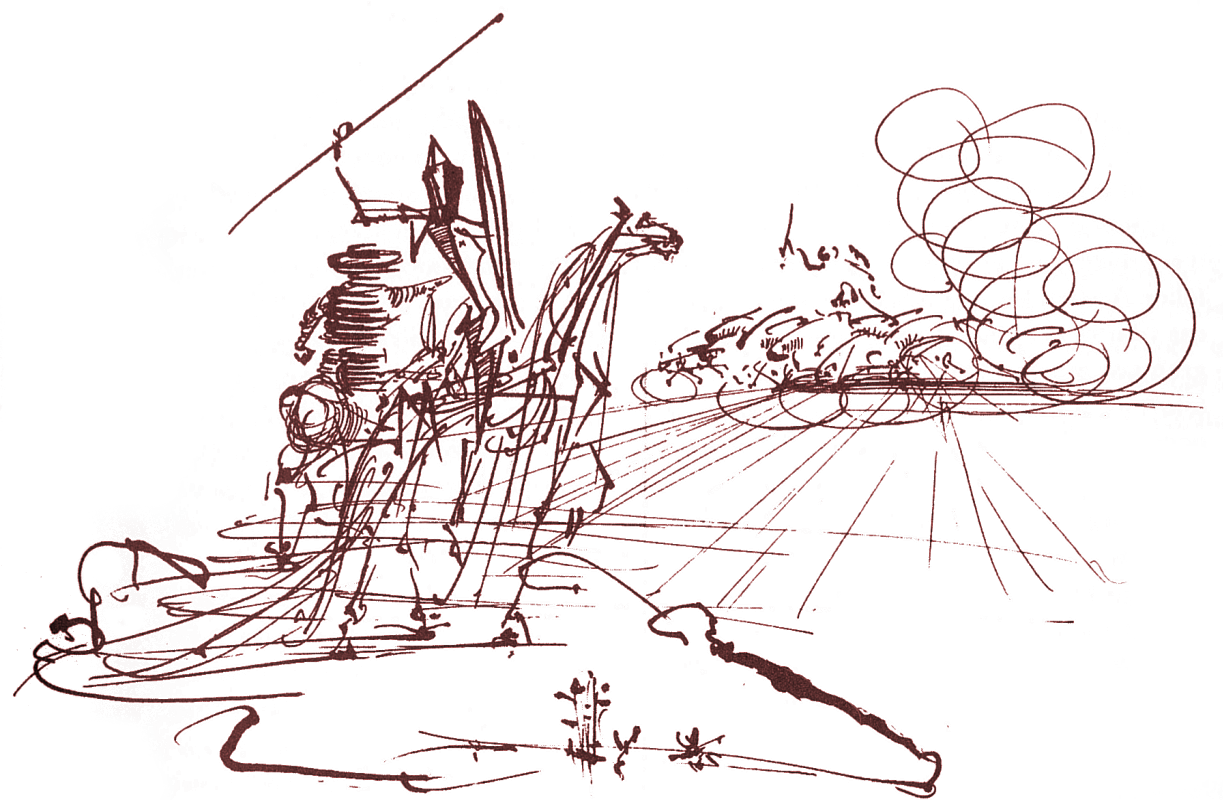The problem with stereotypes is not that they are untrue, but that they are incomplete.
The problem with stereotypes
Like What You're Reading? Subscribe:
You Might Also Like...
About the Author
Hi. My name is Jeremiah John. I'm a sf/f writer and activist.
I just completed a dystopian science fiction novel. I run a website which I created that connects farms with churches, mosques, and synagogues to buy fresh vegetables directly and distribute them on a sliding scale to those in need.
In 2003, I spent six months in prison for civil disobedience while working to close the School of the Americas, converting to Christianity, as one does, while I was in the clink.


I have been struggling with this concept, the dual nature of stereotype: both true and false. It had seemed to me that we must unlearn stereotypes, but this in some way asks us not to understand the world through our own experience. And we are against stereotyping as a form of racism in our culture. I have been asking myself, what is true in stereotypes? What is false? Why is it bad, exactly? How can we maintain our intellectual ability to think in generalities about cultures without forcing people into boxes? But I think this TED Talk nails it, and also connects to the reason why education causes us to unlearn stereotyping.
The broader talk is the power of story and the powers that control whose stories are told. Watch the full TED Talk here.